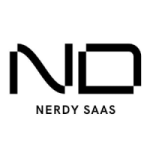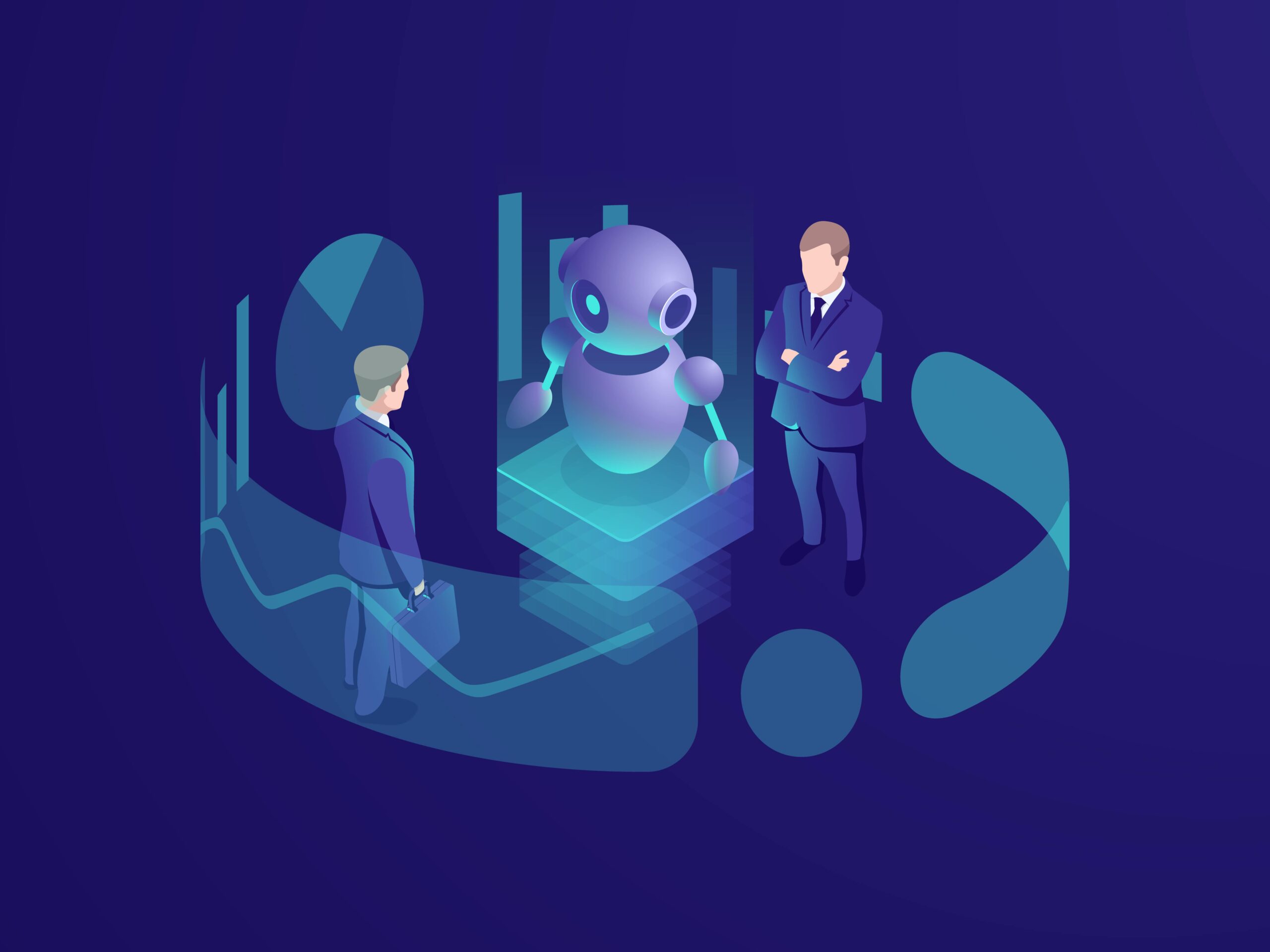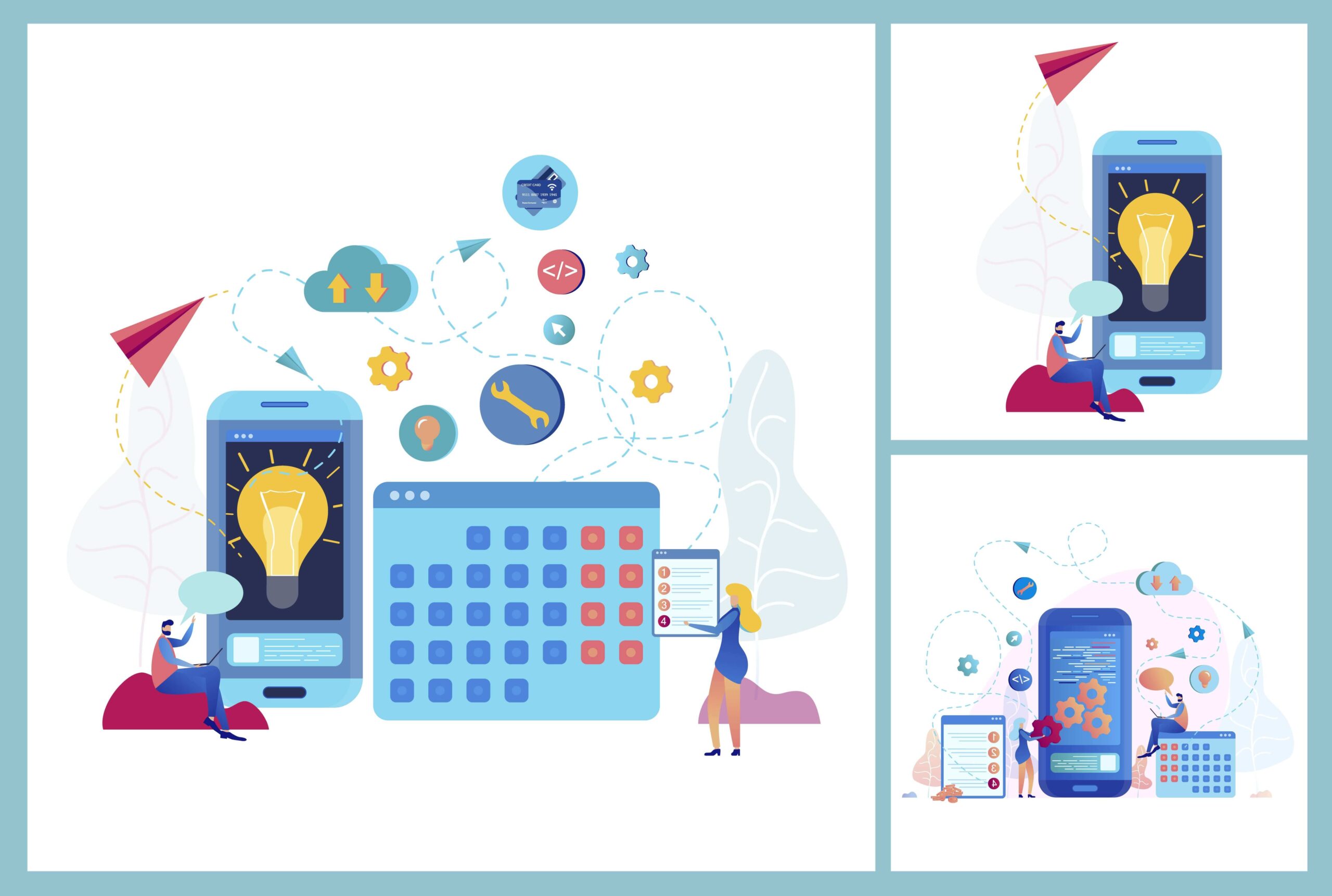AI-enabled HR software is changing how human resources tasks are carried out. By employing artificial intelligence, this tool automates and improves a number of HR-related tasks, hence improving accuracy and effectiveness. It streamlines the hiring process by utilizing cutting-edge algorithms to examine resumes, predicts candidate success, and guarantees fair selection. Additionally, administrative tasks like processing payroll and handling leaves of absence are automated by AI-powered software. By providing intelligent data and analytics, it also enhances employee engagement and performance management. In general, HR software enhances HR procedures, assisting firms in effectively managing their workforces
Pros of AI-enabled HR software
1. Enhanced Productivity and Efficiency
Automating repetitive and time-consuming procedures is one of the main advantages of AI-powered HR software. The screening of resumes, the shortlisting of candidates, and the scheduling of interviews can all be handled effectively by these systems. These procedures can be automated so that HR personnel can concentrate on more strategic and beneficial tasks, increasing overall productivity.
2. Better Candidate Selection
AI-enabled HR software can examine a significant amount of data from resumes, cover letters, and application forms to determine which applicants are most qualified for a given position. It can swiftly weed out applicants who aren’t qualified, saving HR teams time and effort. Additionally, AI algorithms have the ability to evaluate applicants in accordance with predetermined standards, minimizing prejudice in the selection process and fostering diversity and inclusion.
3. Improved Employee Engagement
By offering personalized experiences and attending to specific needs, AI-enabled HR software can improve employee engagement. These systems can provide learning and development opportunities, advise career options, and give performance feedback. HR departments can customize their strategy to engage and encourage staff members successfully by utilizing AI-driven information.
4. Data-Driven Decision Making
AI-enabled HR software can extract insightful information from a lot of HR data. It is possible to determine areas for improvement, forecast attrition rates, and improve personnel planning by analyzing patterns and trends. HR professionals are given the ability to make strategic decisions based on reliable information through data-driven decision making, which improves organizational outcomes.
Also read: 7 Best HR Software of 2023 for Internal HR Teams
Cons of AI-enabled HR software
1. Privacy and Security Concerns
Implementing AI-enabled HR software necessitates gathering and storing a lot of employee data, which raises privacy and security concerns. Privacy and data security are raised by this. To allay these worries, HR departments must make sure that the software conforms with pertinent data protection laws, employs strong security measures, and upholds transparency in data handling practices.
2. Lack of Human Touch
While AI technology can automate many HR tasks, it could lack the human touch required for some encounters. For delicate issues like performance reviews, conflict resolution, or career coaching, candidates and employees may prefer human connection. HR managers need to strike a balance between utilizing AI capabilities and maintaining the crucial human component of HR management.
3. Initial Costs and Training
The implementation of an AI-enabled HR software system necessitates an initial investment in infrastructure, staff training, and software licenses. Organizations must set aside funds for software creation, adaptation, and continuous upkeep. To properly use and analyze the information offered by the program, HR personnel might also need training. When evaluating the viability of implementation, these up-front expenses and training efforts must be taken into an account.
4. Potential Bias and Ethical Considerations
AI systems are educated on past data, which may be biassed. AI-enabled HR software has the potential to unintentionally reinforce prejudice in hiring and performance evaluations if it is not rigorously supervised and regulated. To minimize potential biases and sustain ethical norms, organizations must guarantee that the AI algorithms are fair, transparent, and frequently audited.
Conclusion
In conclusion, AI-enabled HR software has revolutionized how human resources operations are carried out, resulting in major improvements and efficiencies for businesses all over the world. This software streamlines and automates many HR activities, such as hiring, personnel management, performance evaluation, and talent development, by utilizing the power of artificial intelligence and machine learning. By offering insightful information and predictive analytics, it improves accuracy and decision-making while also saving time and money. AI-enabled HR software has become a useful tool for HR managers, allowing them to concentrate more on strategic initiatives and employee engagement. Its capacity to analyze enormous volumes of data, spot patterns, and generates intelligent recommendations. We may anticipate that AI-enabled HR software will further transform the HR landscape as technology develops, encouraging a more efficient and effective workforce management.




